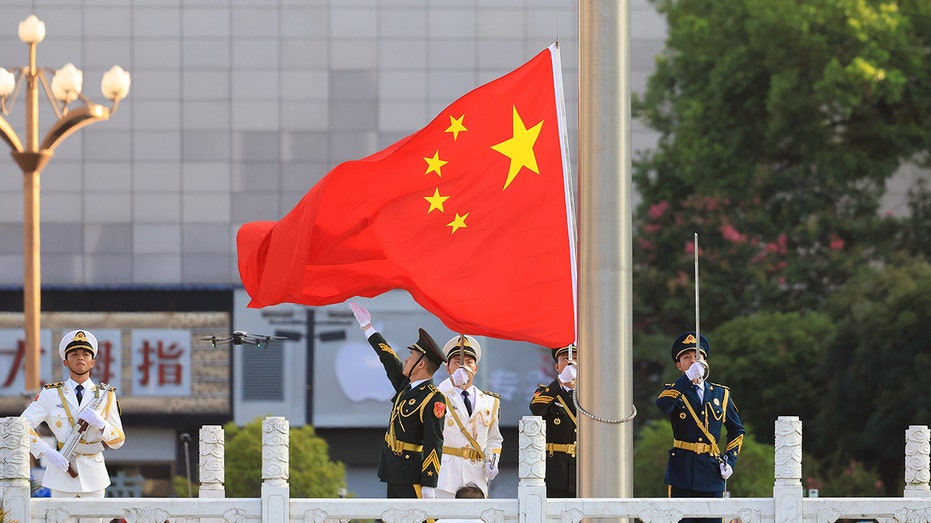US Officials Reveal Suspected Chinese Bioterrorists Smuggled Deadly Agent into Country via Boots
Chinese couple faces conspiracy and smuggling charges over alleged pathogen importation into the U.S.

Two Chinese nationals have been arrested in a complex case that authorities say poses a significant threat to both U.S. agriculture and public health. At the center of the investigation are charges of smuggling Fusarium graminearum, a highly toxic fungus considered a “potential agroterrorism weapon,” into the country. Documentation reveals that one of the suspects, Yunqing Jian, a post-doctoral research fellow at the University of Michigan, concealed the dangerous pathogen inside her boots during her entry to the United States in August 2022.
The plot unfolded through a series of transcribed WeChat messages between Jian and her boyfriend, Zunyong Liu. The communication details Liu’s instructions to Jian about how to hide the smuggled materials. Jian confirmed, “I put them in my Martin boots… in a small bag. The ziplock bag. Very small.” Just as alarming, court documents show that the couple allegedly coordinated repeated attempts to transport the pathogen, including a separate incident where samples were hidden within a statistics textbook and shipped to Jian earlier this year.
Fusarium graminearum is known for causing “head blight,” a devastating disease that affects wheat, barley, maize, and rice crops, leading to billions of dollars in economic losses each year. Beyond its destructive agricultural impact, the fungus produces toxins that are hazardous to humans and livestock, with possible symptoms including vomiting, liver damage, and reproductive defects.
Authorities allege that Jian began smuggling the fungus into the country shortly after starting her post-doctoral studies, which were funded by China, in 2022. According to the affidavit, she not only made multiple personal attempts but also enlisted others in the effort. “There are usually no problems. Rest assured. I have mailed these before," Jian reassured an unnamed third party who shipped the sample hidden inside a textbook package that was ultimately intercepted.
The most recent smuggling attempt took place in July 2024 when Liu traveled to the United States on a tourist visa under the guise of visiting Jian. U.S. Customs and Border Protection officers flagged Liu upon his arrival at Detroit Metropolitan Airport. During a search of his belongings, officers discovered a crumpled wad of tissues concealing a note in Chinese, a piece of filter paper marked with circles, and several small plastic bags containing reddish plant material. Laboratory analysis confirmed the presence of Fusarium graminearum, including DNA sequencing that matched the notorious crop pathogen.
Initially, Liu denied any knowledge of the pathogen in his possession but eventually admitted to investigators that he knowingly participated in the smuggling scheme. He explained plans to conduct research using the same laboratory facilities accessed by Jian at the University of Michigan, sometimes entering the lab with Jian’s help outside of regular hours.
Both Jian and Liu now face multiple federal charges, including conspiracy, smuggling goods into the United States, false statements, and visa fraud. Law enforcement officials have described the case as a striking example of the growing risks posed by international actors targeting critical infrastructure and research institutions in the United States.
In response to the incident, the University of Michigan released a statement emphasizing its commitment to advancing knowledge and condemning any actions intended to cause harm or threaten national security. The university clarified that the accused individuals had not received Chinese government funding in relation to their research activities and pledged continued cooperation with federal authorities as the investigation proceeds.
This case raises urgent concerns regarding biosecurity and the vulnerability of American agriculture to foreign interference. As the proceedings move forward, agencies are intensifying efforts to safeguard the U.S. food supply and academic research environments against similar threats in the future.




